Can You Have Cameras In Your House?
In today's world, the use of cameras in homes has become increasingly common. Whether for security, monitoring children or pets, or simply for convenience, many people are considering installing cameras in their homes. However, this decision comes with a variety of considerations, including legal, ethical, and practical aspects. In this article, we will explore the different facets of having cameras in your house, providing a comprehensive guide to help you make an informed decision.
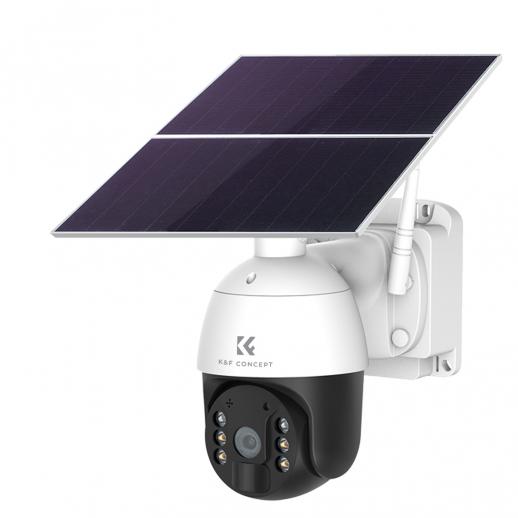
Legal Considerations
The first and foremost aspect to consider when installing cameras in your home is the legal framework governing their use. Laws regarding the use of surveillance cameras vary significantly from one jurisdiction to another, so it is crucial to understand the regulations in your area.
Consent and Privacy
In many places, it is legal to install cameras in your own home without the consent of others, as long as the cameras are in common areas and not in private spaces such as bathrooms or bedrooms. However, if you have guests or live with other people, it is generally considered good practice to inform them about the presence of cameras. In some jurisdictions, failing to do so could result in legal repercussions.
Audio Recording
Another important legal consideration is whether your cameras will record audio. In many places, audio recording is subject to stricter regulations than video recording. For instance, some jurisdictions require the consent of all parties involved in a conversation before it can be recorded. Therefore, if your cameras have audio capabilities, you should be aware of the specific laws that apply.
Ethical Considerations
Beyond the legal aspects, there are ethical considerations to take into account. The presence of cameras can impact the sense of privacy and trust within a household.
Trust and Transparency
If you live with family members, roommates, or have frequent visitors, it is essential to be transparent about the presence of cameras. Secretly recording people can lead to a breakdown in trust and can have long-term negative effects on relationships. Open communication about why the cameras are installed and how the footage will be used can help mitigate these issues.
Respecting Privacy
Even within your own home, it is important to respect the privacy of others. Avoid placing cameras in areas where people expect a high degree of privacy, such as bedrooms and bathrooms. Additionally, consider whether the constant surveillance might make people feel uncomfortable or anxious.
Practical Considerations
Once you have navigated the legal and ethical landscape, there are several practical considerations to address when installing cameras in your home.
Purpose of the Cameras
Understanding the primary purpose of the cameras will help you determine the type and placement of the cameras. Common purposes include:
- Security: To deter and record potential intruders.
- Monitoring Children or Pets: To keep an eye on children or pets when you are not in the same room.
- Convenience: To see who is at the door or to monitor deliveries.
Types of Cameras
There are various types of cameras available, each with its own set of features. Some common types include:
- Wired Cameras: These cameras are connected to a power source and recording device via cables. They are generally more reliable but can be more challenging to install.
- Wireless Cameras: These cameras connect to your home Wi-Fi network and are easier to install. However, they may be subject to interference and require regular battery changes or recharging.
- Indoor vs. Outdoor Cameras: Outdoor cameras are designed to withstand the elements, while indoor cameras are typically smaller and less rugged.
Storage and Access to Footage
Consider how the footage will be stored and who will have access to it. Options include:
- Local Storage: Footage is stored on a local device, such as a DVR or an SD card. This option provides more control over the data but can be vulnerable to theft or damage.
- Cloud Storage: Footage is stored on a remote server. This option offers more security and accessibility but may come with ongoing subscription fees.
Integration with Other Systems
Modern home security systems often integrate with other smart home devices, such as door locks, lights, and alarms. Consider whether you want your cameras to be part of a broader smart home ecosystem and choose compatible devices accordingly.
Installation and Maintenance
Proper installation and maintenance are crucial for the effective operation of your home cameras.
Placement
Carefully consider the placement of each camera to maximize coverage and effectiveness. For security purposes, cameras should cover entry points such as doors and windows. For monitoring children or pets, place cameras in common areas where they spend most of their time.
Professional vs. DIY Installation
Depending on your technical skills and the complexity of the system, you may choose to install the cameras yourself or hire a professional. Professional installation can ensure optimal placement and setup but will add to the overall cost.
Regular Maintenance
Regularly check and maintain your cameras to ensure they are functioning correctly. This includes cleaning the lenses, checking the power supply, and updating the software or firmware as needed.
Balancing Security and Privacy
One of the key challenges of having cameras in your home is balancing security with privacy. While cameras can provide peace of mind and enhance security, they can also create a sense of being constantly watched.
Setting Boundaries
Establish clear boundaries for camera use within your household. Decide which areas will be monitored and which will remain private. Communicate these boundaries to all household members and respect their preferences.
Using Technology Wisely
Leverage technology to enhance privacy while maintaining security. For example, some cameras offer features such as motion detection and scheduled recording, which can reduce the amount of footage captured and minimize unnecessary surveillance.
Installing cameras in your home can offer numerous benefits, from enhanced security to the convenience of monitoring children and pets. However, it is essential to navigate the legal, ethical, and practical considerations carefully. By understanding the laws in your area, respecting the privacy and trust of others, and choosing the right equipment and setup, you can create a balanced and effective home surveillance system. Ultimately, the goal is to enhance your safety and peace of mind without compromising the comfort and privacy of your household.



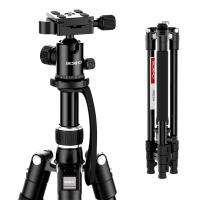

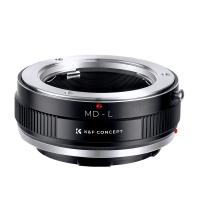


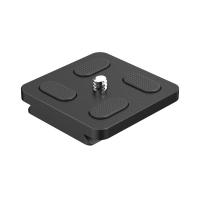

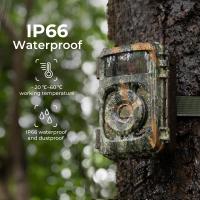
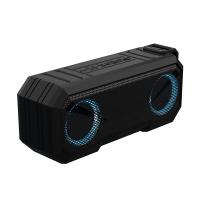
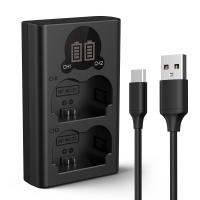




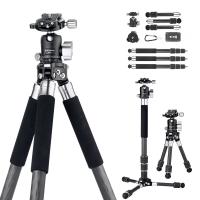
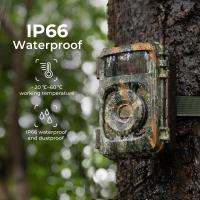

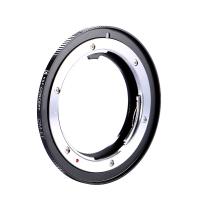
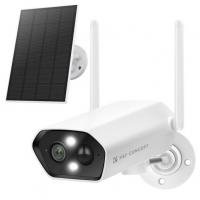
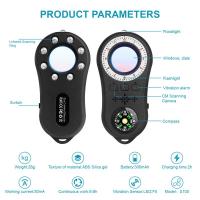
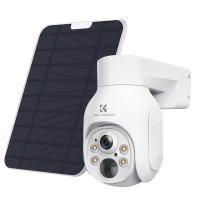
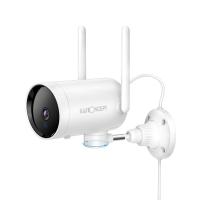
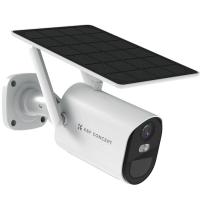
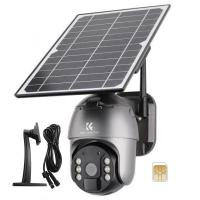

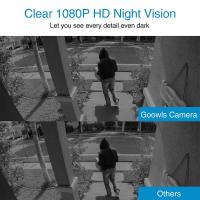
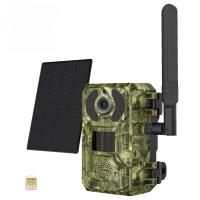

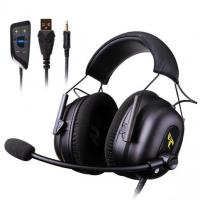
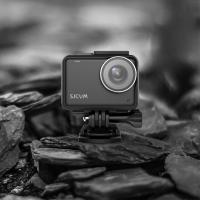


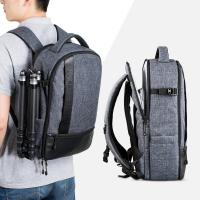




There are no comments for this blog.